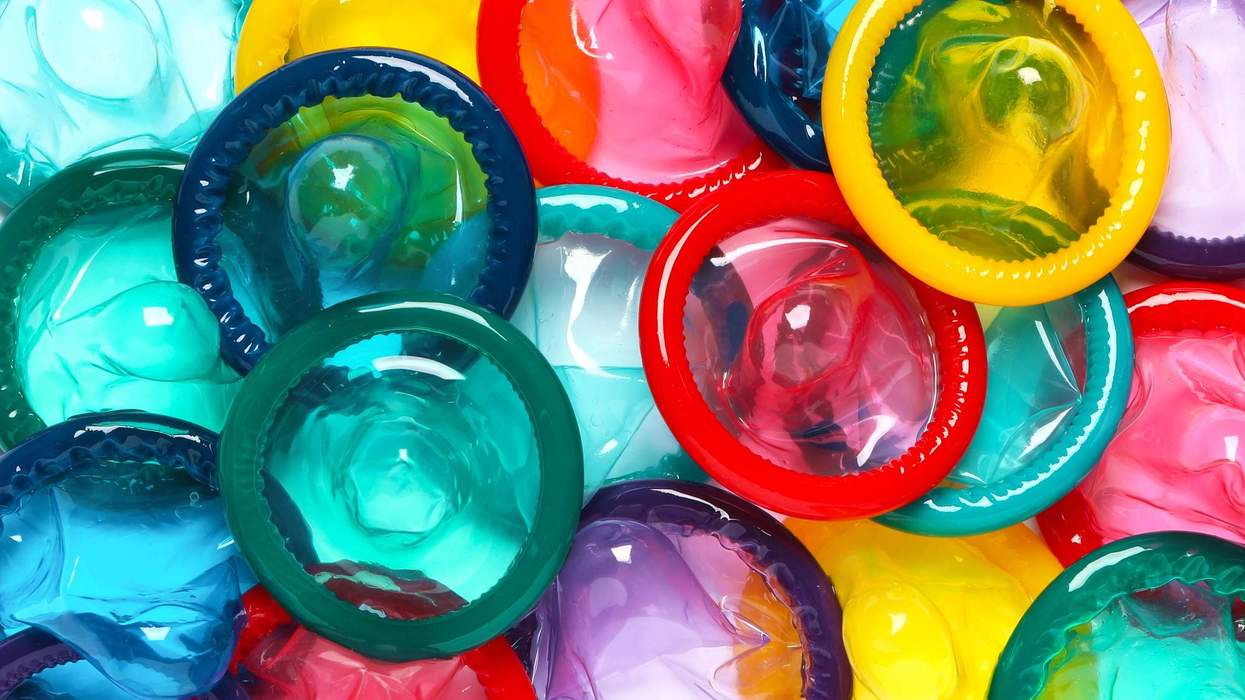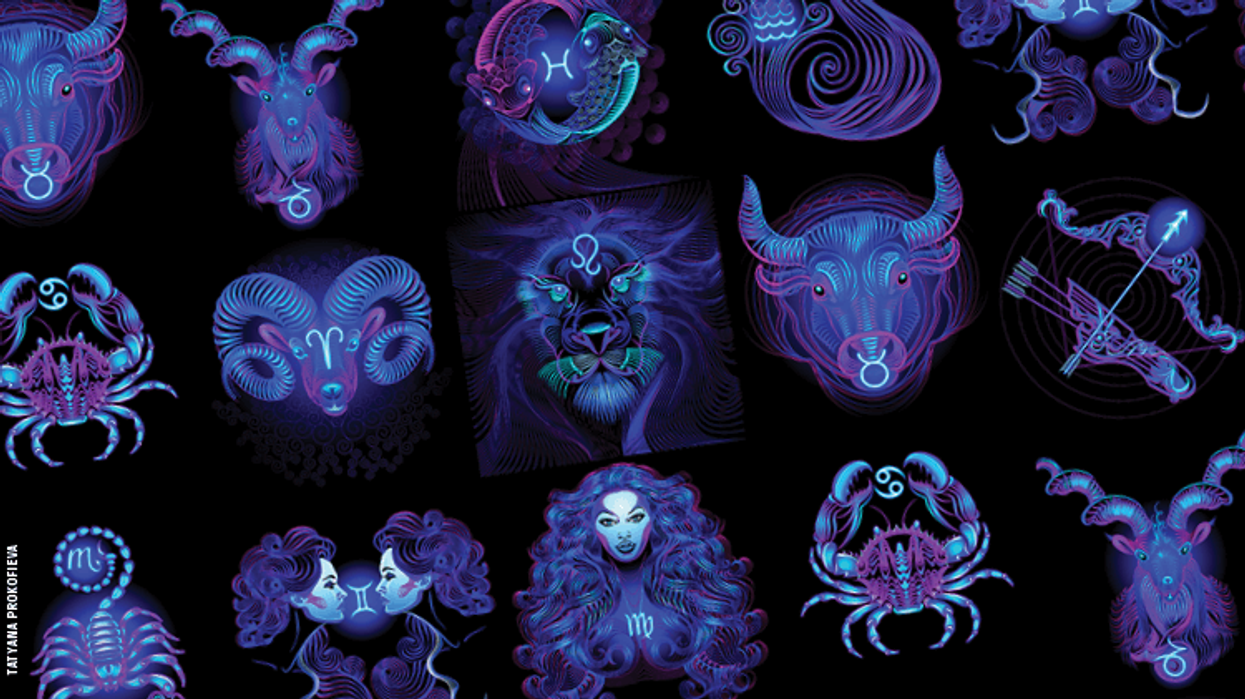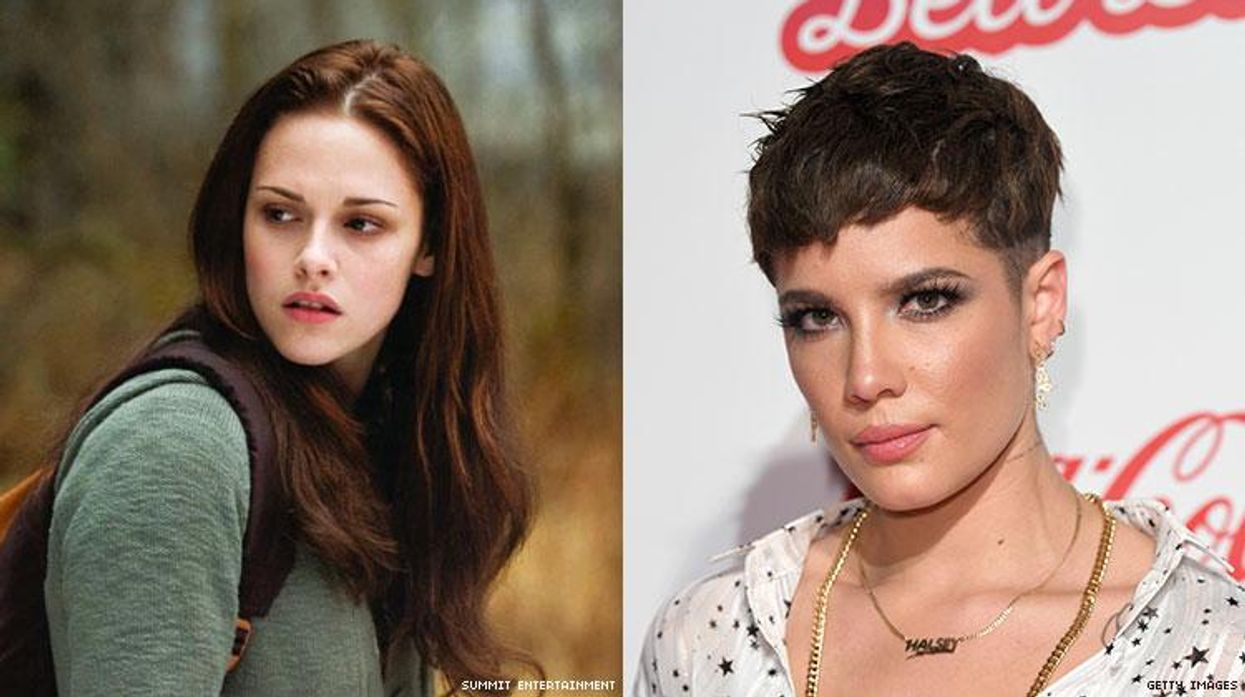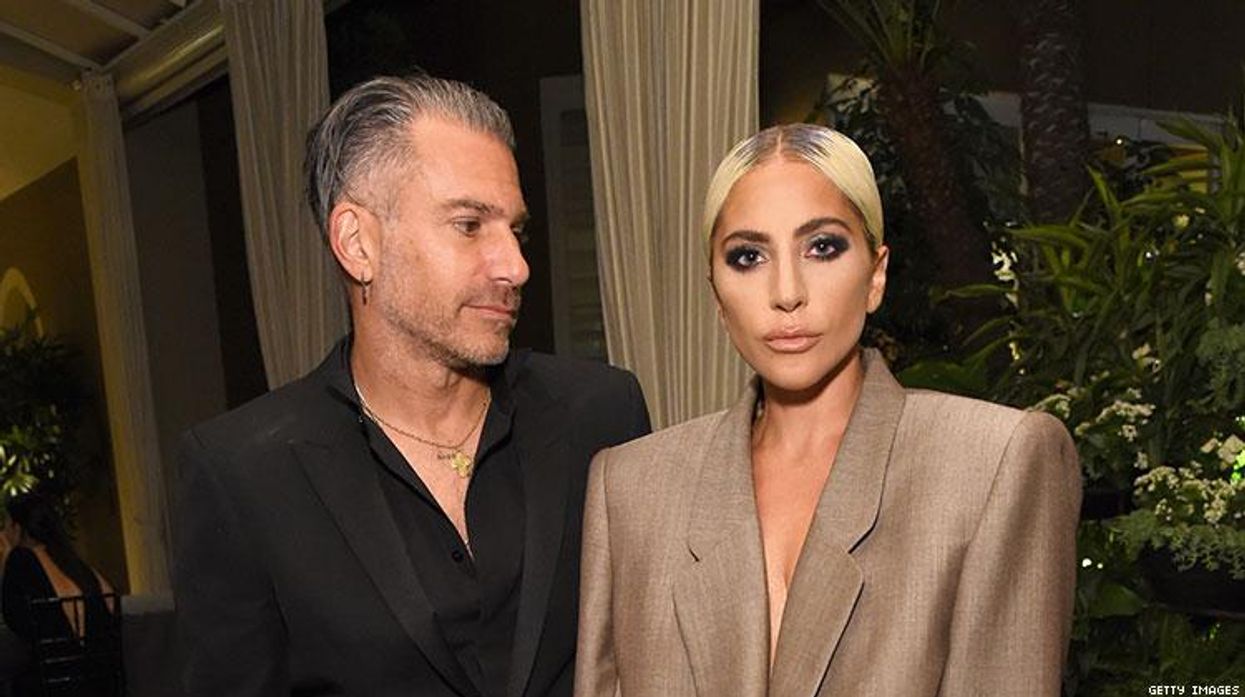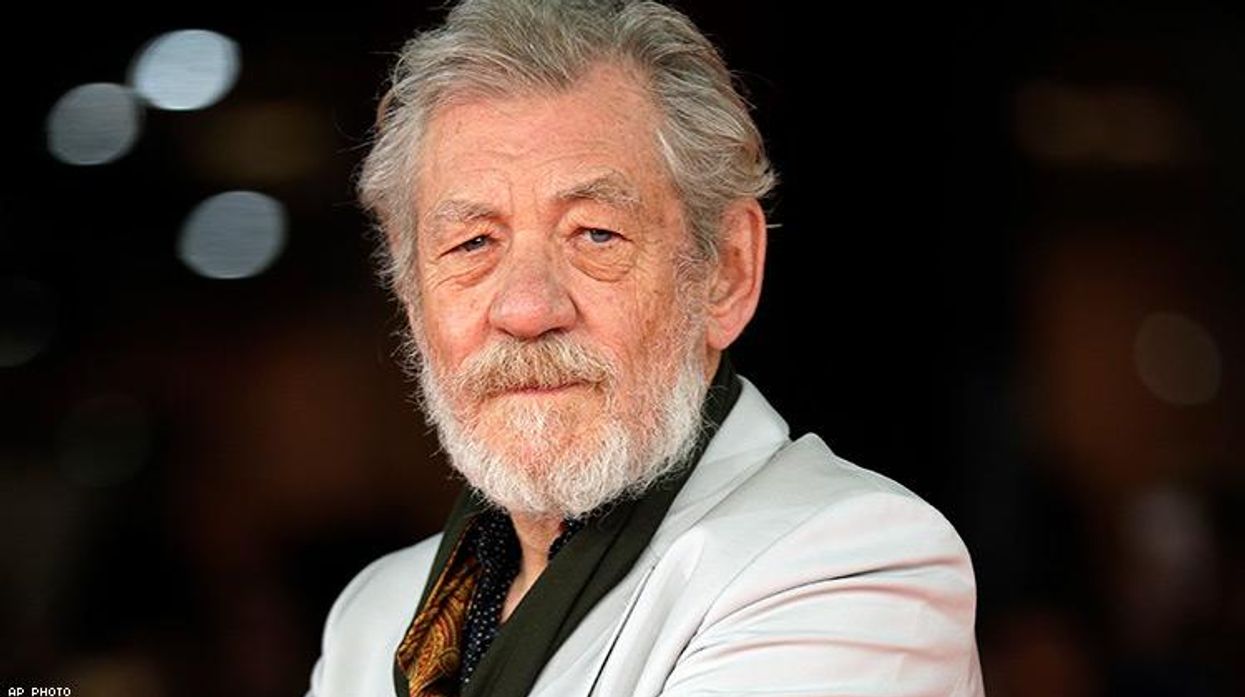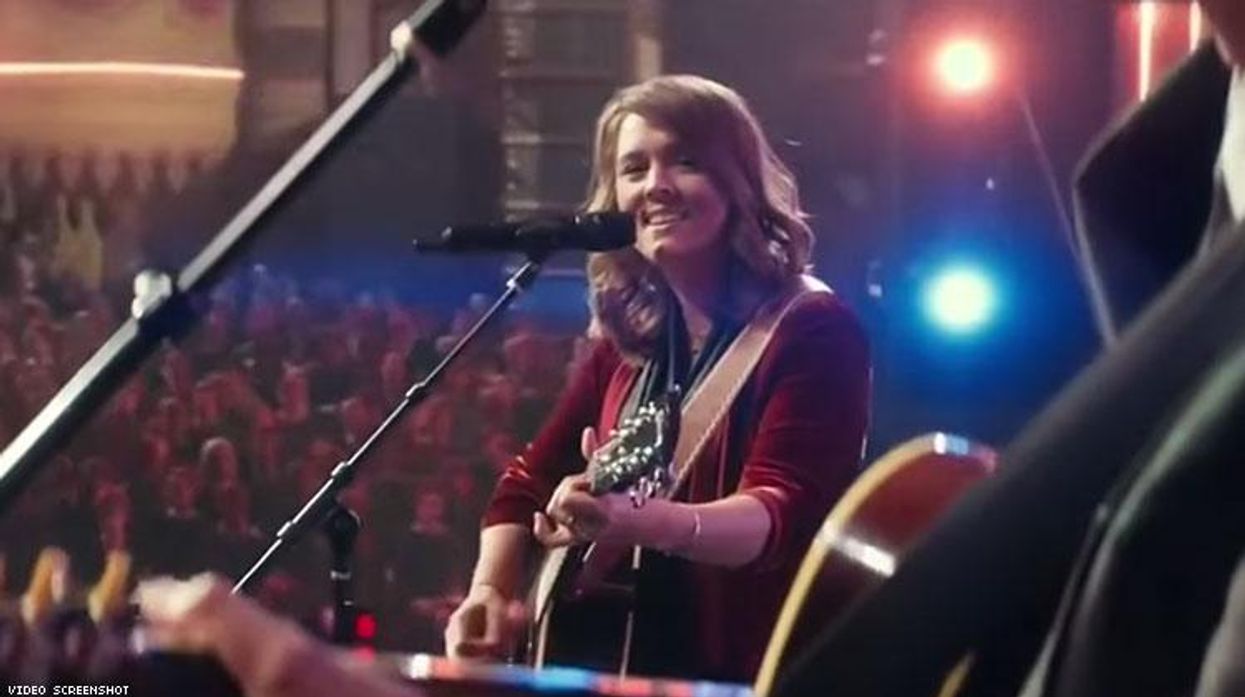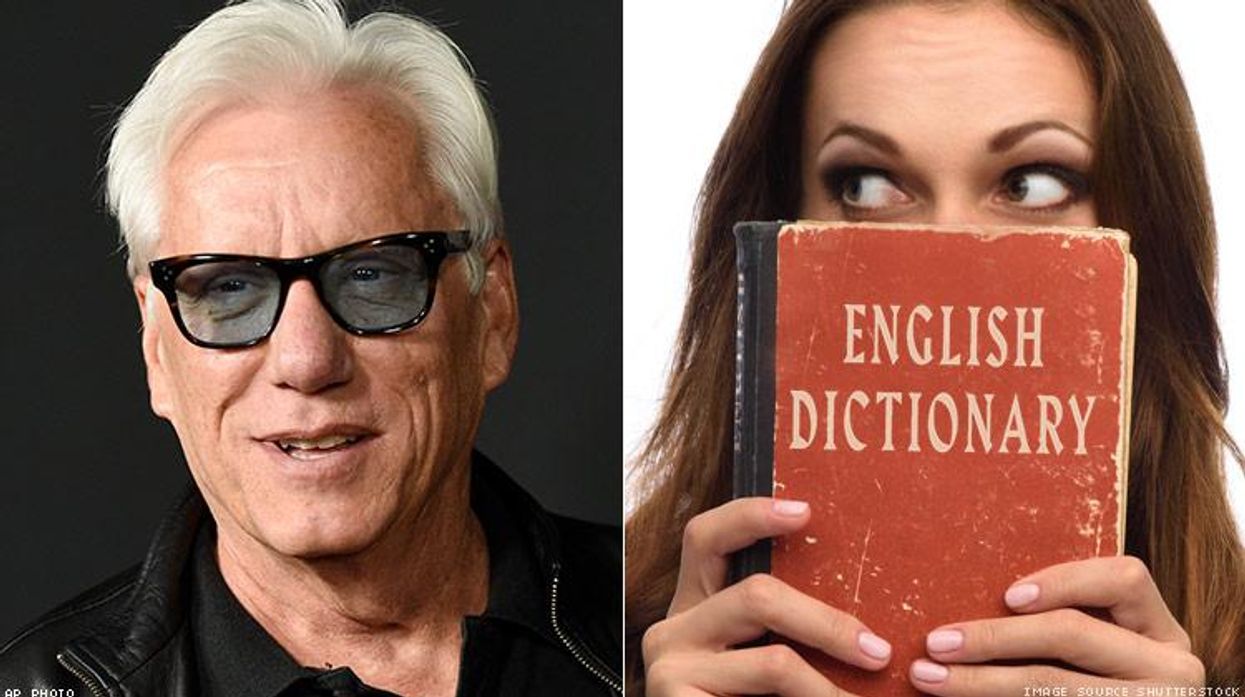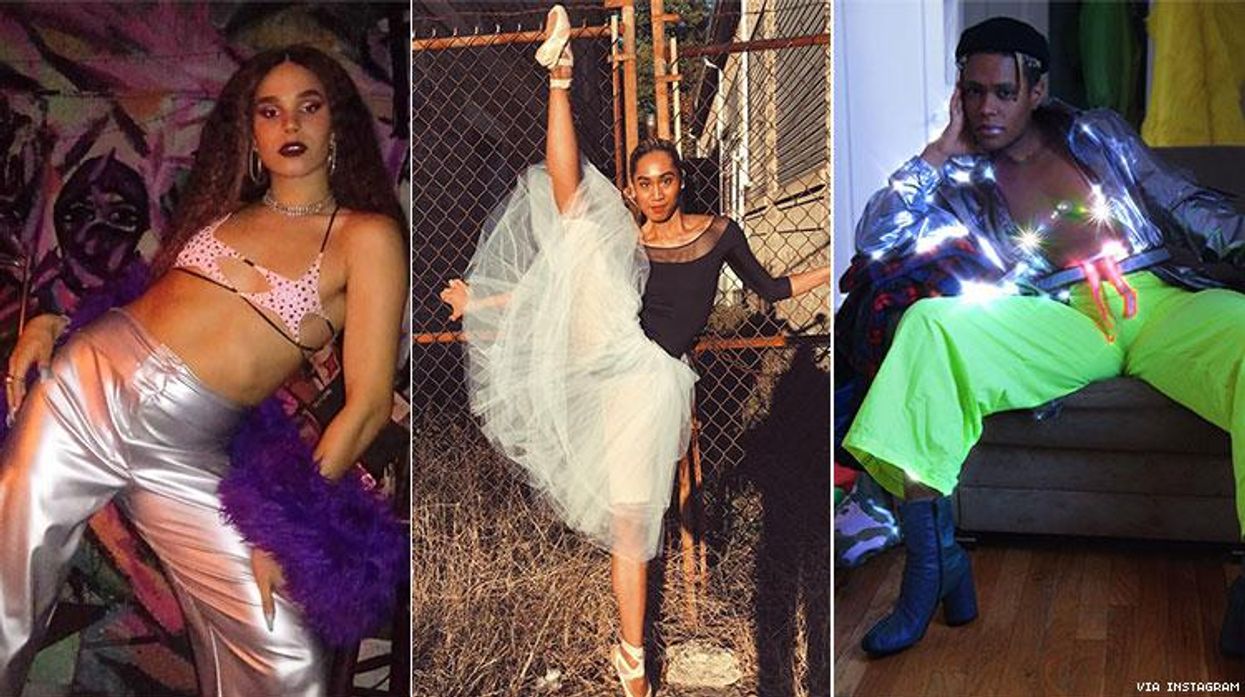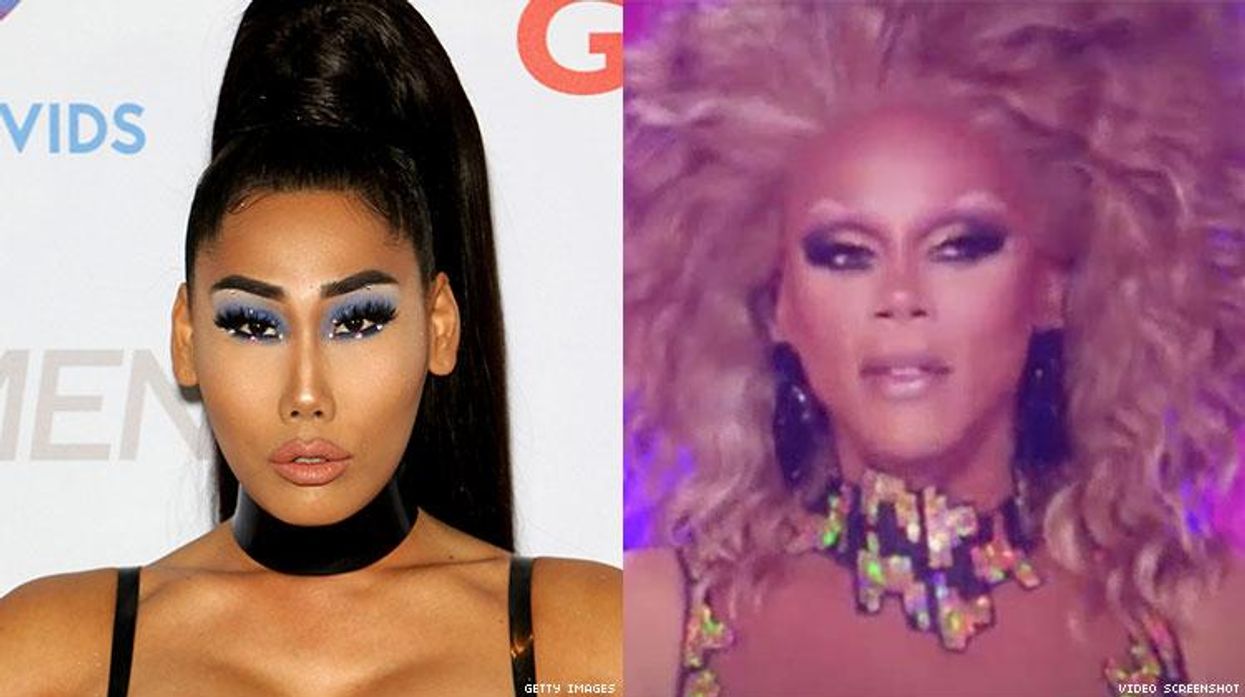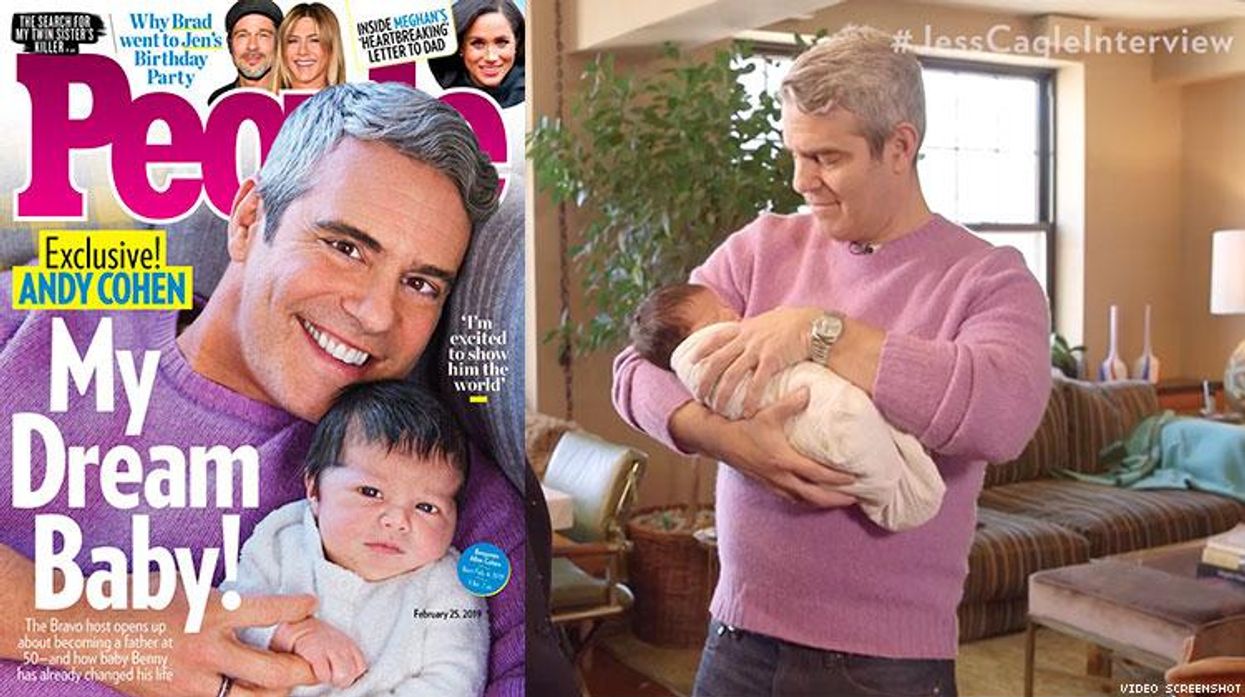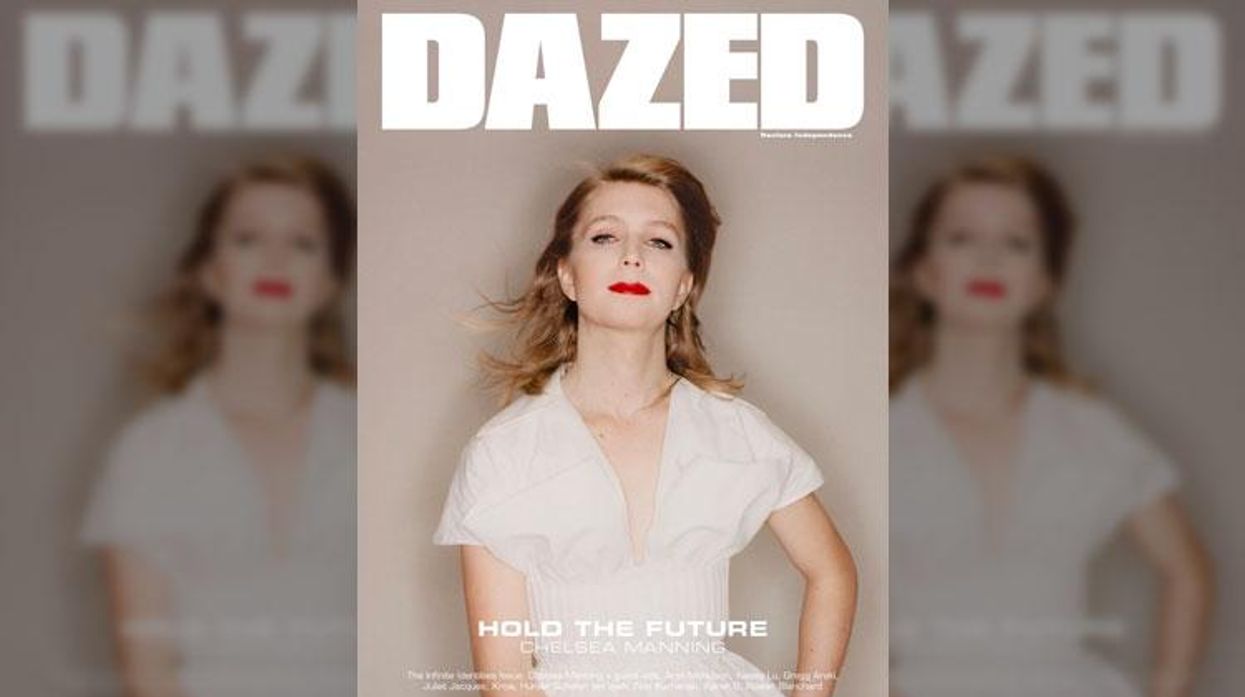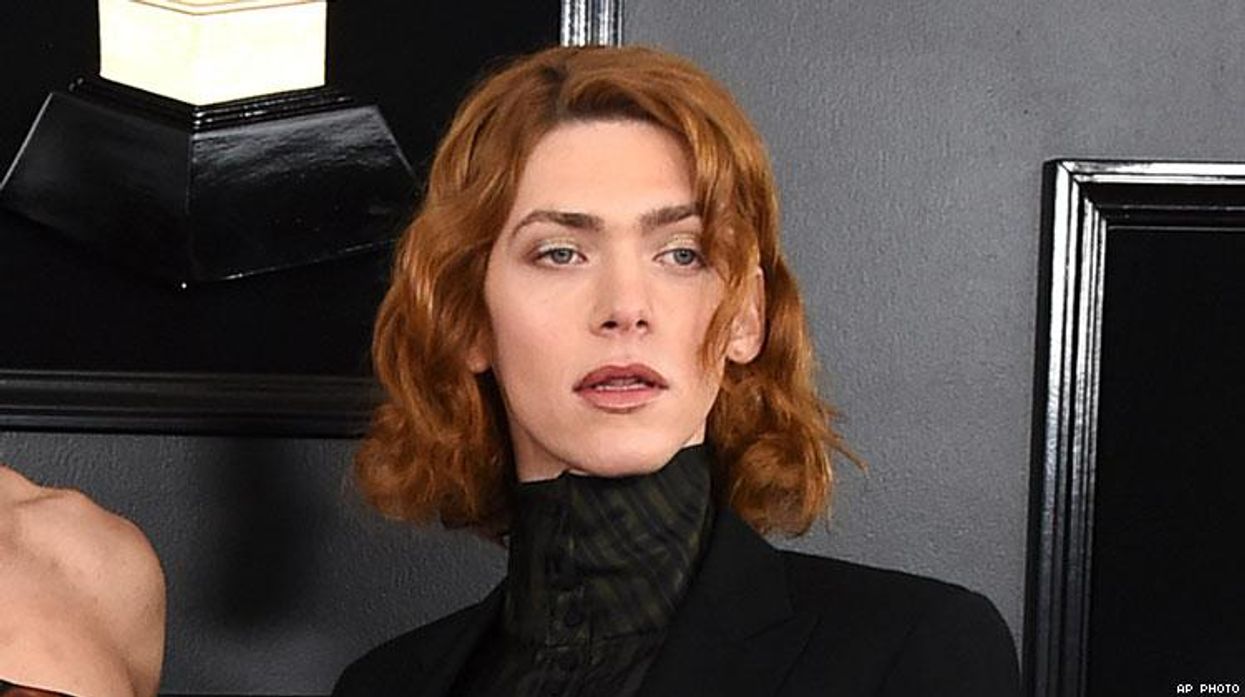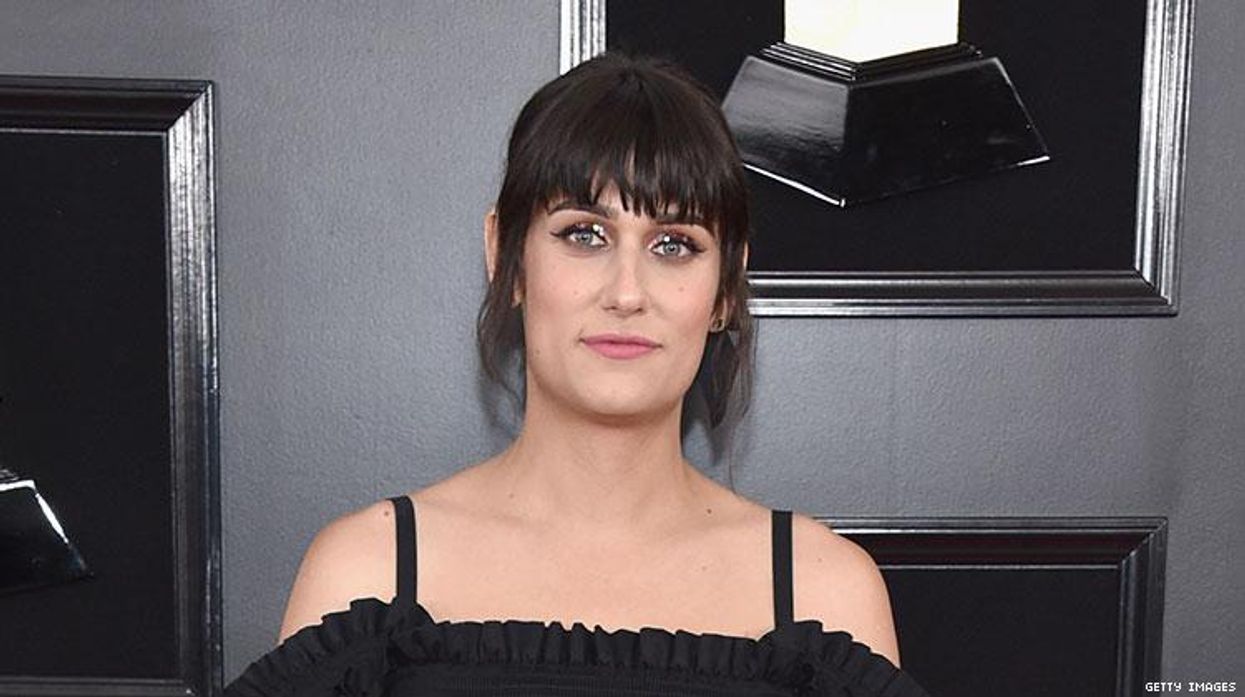Photo: Photo Works / Shutterstock.com
To understand soccer -- at least in its native English form -- and its highly charged, no-homo homoerotics, you need imagine a scenario so absurd as to be completely laughable.
One hot, young, straight soccer player is about to take a free kick. Another hot, young, straight player on the opposing team tries to distract him. He does this by bending over, pointing to his large, not entirely uninviting ass -- and pulling his cheeks apart repeatedly. The first footballer -- whose wife and kids are in the stands -- refuses to take the free kick and is booked for delay of play. The lad bending over and pulling his cheeks apart is not. Later, the first footballer thumps the second footballer.
This actually happened in a nationally televised match between Liverpool and Chelsea in 1999 -- and hardly anyone batted an eye. The free kicker was Graeme Le Saux, and the lad offering him his arse was Robbie Fowler. Le Saux was generally considered gay in the largely working - class world of soccer because (a) he was middle-class and read books, and (b) he responded to the gay taunts -- though, according to the logic of footie banter, not responding would also have proved he was gay.
In the 15 years since then the world has changed, but the no-homo homoerotics of the "beautiful game" haven't. A few players, such as the German- born Thomas Hitzlsperger and the American Robbie Rogers, have come out after retiring from the English game (Rogers is playing now professionally in the United States), and lower league semi-pro Liam Davis, 23, also recently came out. But despite feverish tabloid and Twitter gossip, an out player in today's English professional Premier League still seems less likely than a unicorn in cleats.
Meanwhile the brother of Justin Fashanu, Britain's first and only out gay professional footballer who sadly hanged himself in 1998, eight years after declaring his sexual orientation, is still denying that Fashanu was actually gay.

Although attitudes amongst today's players have definitely changed, with 70% of premiership players telling a recent survey that they would have no issue if a teammate came out, soccer isn't so much about the players as it is about the people in the stands and watching with their mates in the pub. Their hopes and their fears. And however much individual supporters' attitudes may have changed at home or work, as part of "the crowd," engaged in group banter, they often seem locked in the past.
Pornographically homophobic chants in the stands are still as popular as hot meat pies. Last year, the Brighton & Hove Albion Supporters' Club and the Gay Football Supporters' Network published a dossier detailing the abusive chants they and their team receive for hailing from a town famous for its gay population, including "You're just a town full of f****ts!" "Up your arse! Up your arse!" and the no doubt at least half-sincere enquiry: "What's it like to suck a cock?"
It may be that the out, nonretired, nondead Premier League footballer role model longed for by many gay people and the media is some way off. Perhaps some soccer fans are too tribal and too traditional. Perhaps for too many, the point of following soccer is precisely to prove you're not gay -- while enjoying highly homosocial pleasures.
More than any other sport I can think of, soccer probes for the weaknesses of the other side. And what greater weakness could there be than a bum hole? Especially since all men have one. Soccer banter operates in much the same way traditional, old-school male heterosexuality does: by ritually projecting everything weak and worrying onto the other. In a social and psychological sense, poofs exist to embody and contain the possibility of male passivity -- they are gay, not me.
Or, Brighton & Hove Albion Football Club is gay, not me. "We can see you holding hands!" is one of the most popular chants against them, which seems to sweetly sum up the no-homo homo-erotics of soccer: We fantasise about you expressing tenderness toward one another that we can't allow ourselves, and we dis you for it.
It's like that old line, "Backs against the wall, lads!" that, even more than Fowler's spread arse cheeks, was puzzling, because it depended on the idea that if the lads didn't press their backs to the wall, they wouldn't be able to resist impaling themselves on the poof's emasculated penis.
In today's world, soccer increasingly has its back against the wall, and it may stay there for some time to come.



